Do medical-grade skincare products really deliver? Doctor-formulated cosmetics from SkinCeuticals, Dr Hauschka, Dr Dennis Gross, Augustinus Bader and IS Clinical get the seal of approval from experts
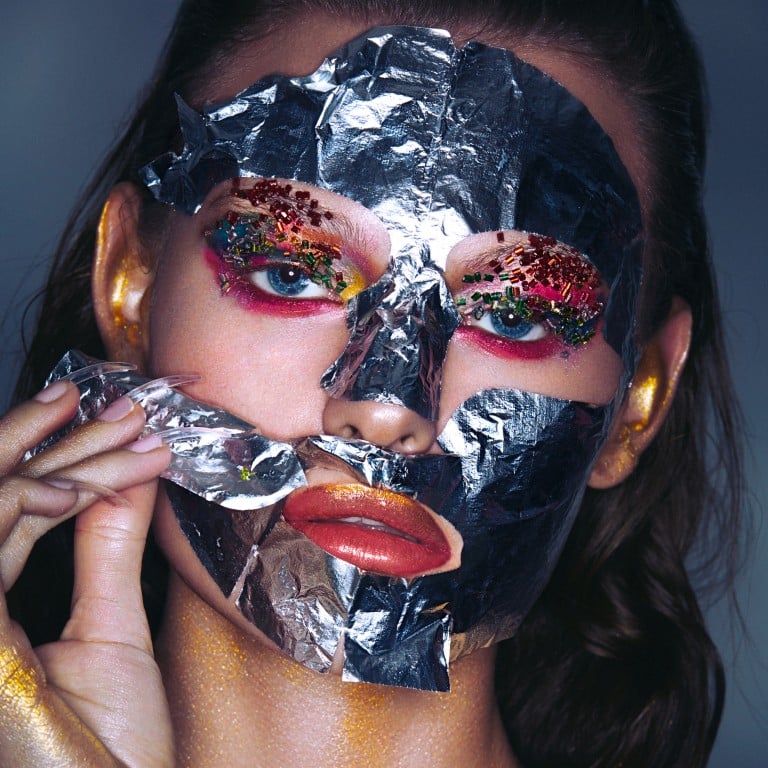
With claims of leveraging cutting-edge research and high-potency ingredients, medical-grade skincare products appeal to a growing segment of consumers who seek not just cosmetic improvements but genuine, long-term benefits for their skin. But do these brands deliver on their promise, or are they simply capitalising on the credibility of their founders’ credentials?
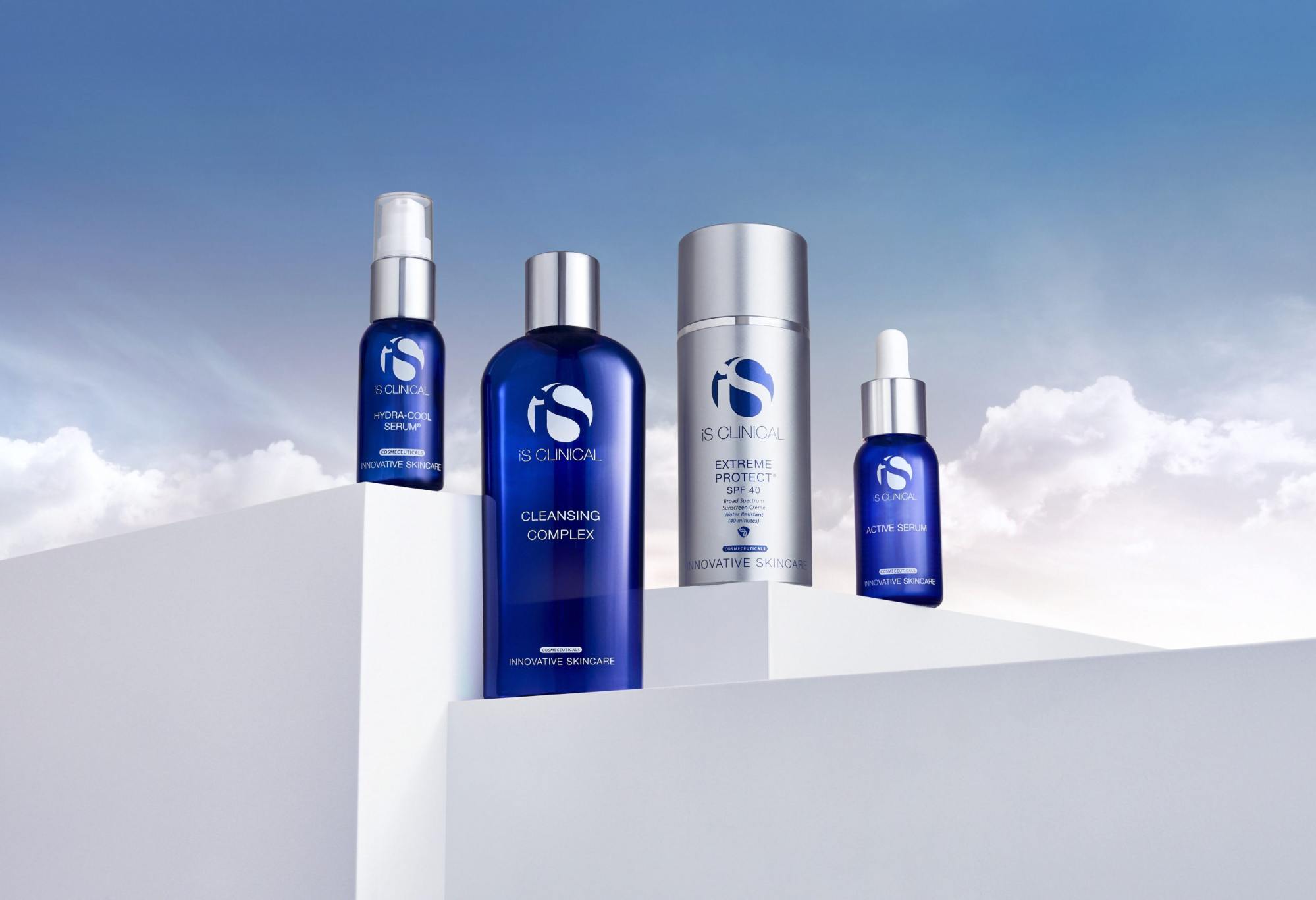
Doctor-formulated skincare brands stand out in the crowded beauty landscape by virtue of their origin: they’re developed with direct input or oversight from medical professionals, often dermatologists or plastic surgeons, who bring their clinical experience and scientific knowledge to the table. The premise is simple: leverage medical expertise to create skincare solutions that are not just effective but also safe and tailored to address specific concerns. Some of these professionals hold impressive credentials: board certifications, years of clinical practice, and often affiliations with academic institutions or research contributions to the field of dermatology.
Take the red pill? How health supplements became an unlikely IG trend
These brands often emphasise the importance of incorporating active ingredients such as retinoids, peptides, vitamin C and antioxidants – proven in clinical studies to address specific skin concerns like ageing, acne and hyperpigmentation.
“The key is not just in selecting these efficacious components but in using them at concentrations that are both safe and effective, mirroring the dosages that would be used in clinical settings for tangible results,” says Dr Bob CY Chan, consultant dermatologist and Mohs micrographic surgeon (Mohs surgery is microscopically controlled surgery used to treat both common and rare types of skin cancer).
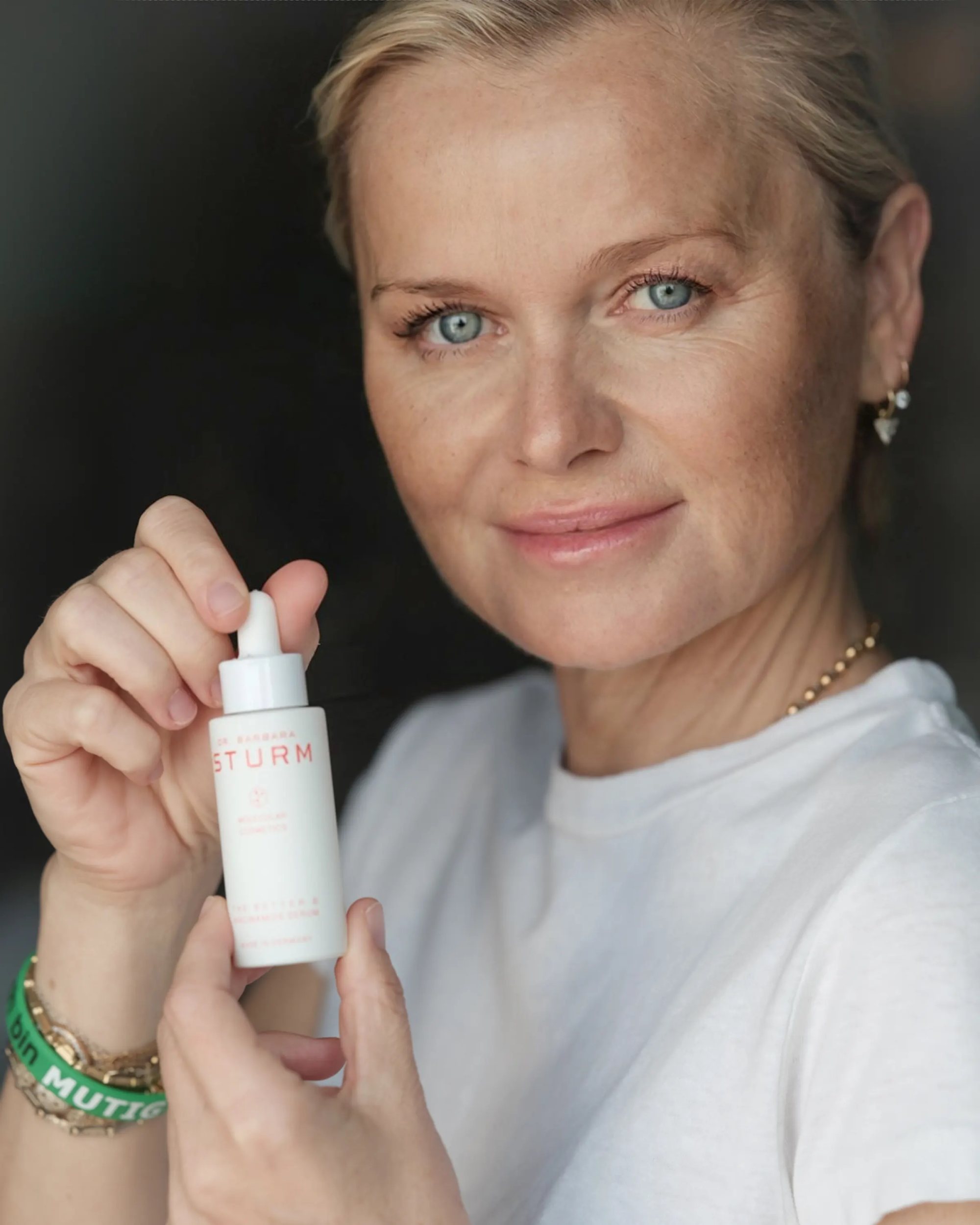
This philosophy is guided by the principle that less is more, in terms of the number of products in a skincare regimen and the ingredient lists of the products themselves. “The focus is on delivering products that provide the most benefit with the least potential for irritation or adverse reactions, avoiding the inclusion of unnecessary fillers, fragrances and other additives that can complicate skincare routines without adding value,” Chan says.
Move over, K-beauty – Ayurvedic skincare is 2024’s beauty trend to know
In this competitive field, certain brands have distinguished themselves as the leading figures in medical-grade formulations, capturing the trust and loyalty of consumers worldwide. Brands such as IS Clinical, SkinCeuticals, Dr Hauschka, Dr Dennis Gross, Dr Barbara Sturm, Augustinus Bader, 111Skin and Biophora have become synonymous with high-quality, effective skincare solutions that promise and deliver exceptional results.
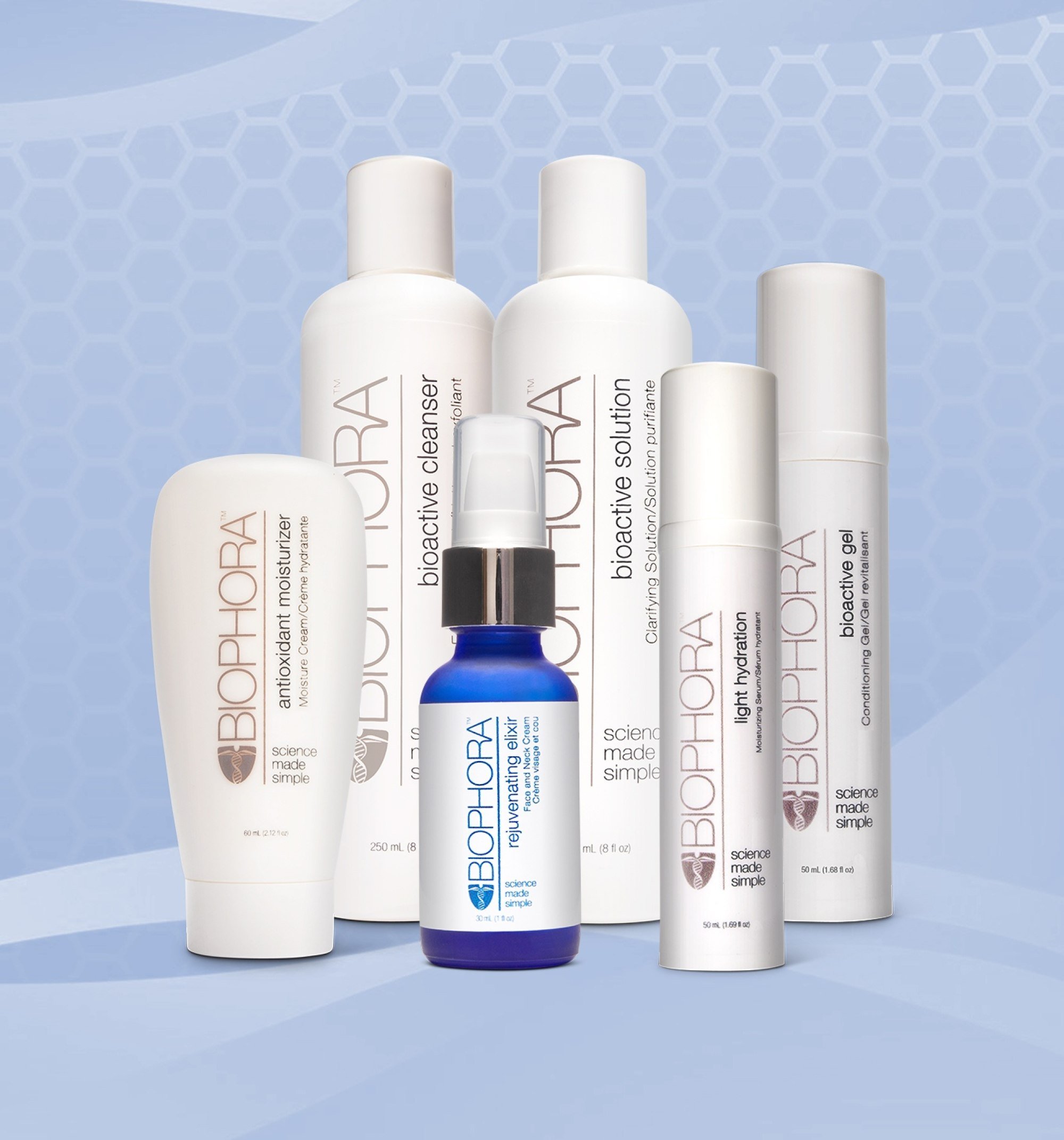
Madeline Wolkove, Biophora’s president in the US, explains that the core philosophy behind the brand lies in being straightforward, easy to use and effective. “Each Biophora product and protocol is designed to improve skin conditions safely, quickly and effectively. The simple goal is to normalise skin function and to restore and maintain a healthier, younger-looking skin,” she says, highlighting how Biophora’s technically advanced formulations address difficult skin conditions, from free-radical damage to fine lines, hyperpigmentation, rosacea and flakiness.
Medical-grade formulas often feature highly stable ingredients that not only last longer but are also more resistant to breaking down. They also typically employ advanced absorption techniques, ensuring active ingredients reach deeper skin layers. Wolkove explains that medically formulated skincare products differ mainly from mainstream ones in their ingredients and protocols, lasting longer and improving all skin types and conditions: “Alpha hydroxy and beta hydroxy acids, L-ascorbic acid, antioxidants, vitamins and botanicals, hyaluronic acid and peptides, lightening agents and sunscreen provide the cleansing, exfoliation, correction, hydration and protection steps required for a glowing, vital, healthy-looking complexion.” This is why medical-grade brands pride themselves on the quality and potency of their active components – although this often means these products come with a higher price tag.
Is vitamin C skincare’s rock star? The science behind the trendy ingredient
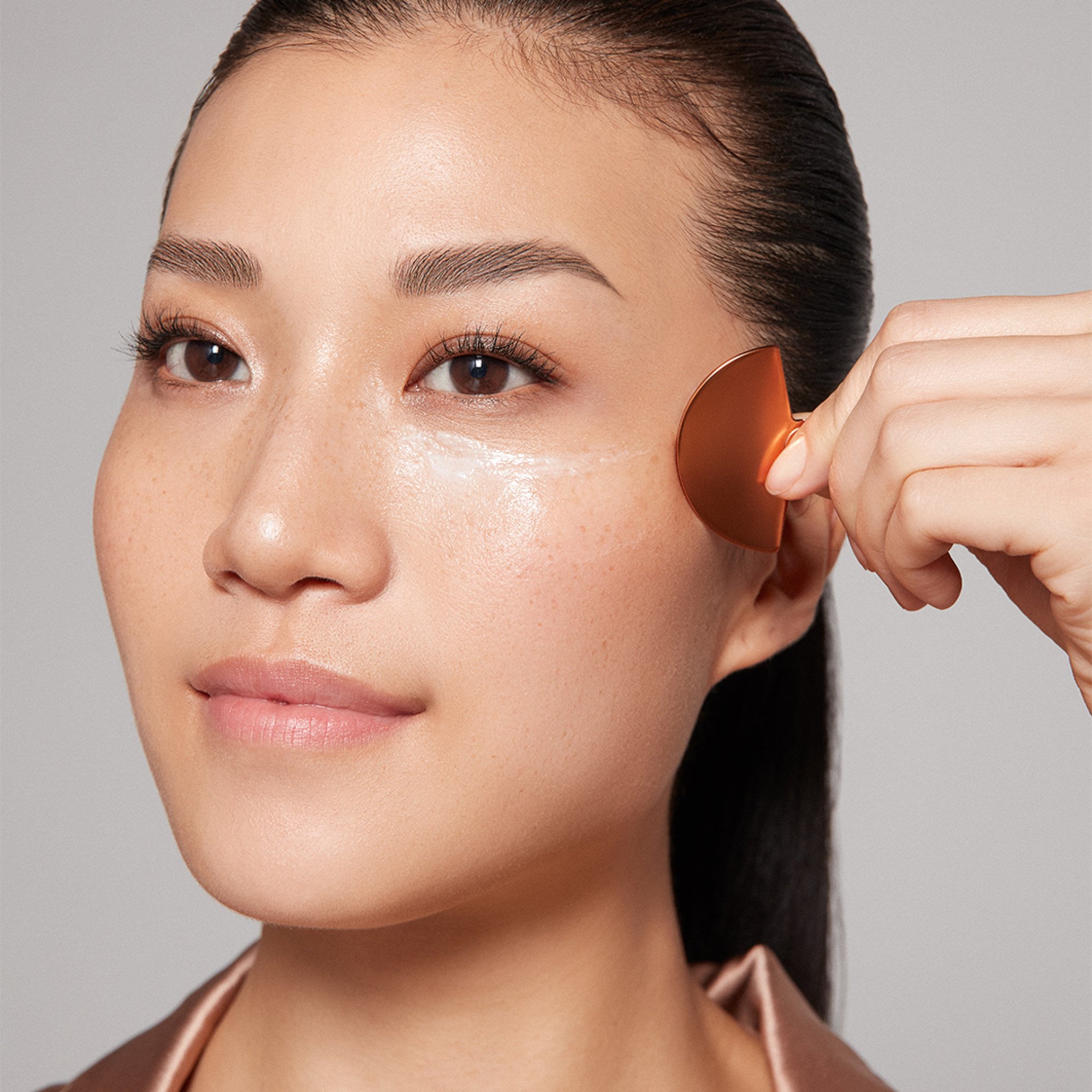
Moreover, there’s a regulatory distinction. “Over-the-counter skincare products are not allowed to make medical claims or state that they treat skin conditions, unlike their medical-grade counterparts,” Chan explains.
In contrast, mainstream skincare brands often take a broader approach to formulation, aiming to appeal to a wide range of consumer preferences and skin types. While many mainstream brands also incorporate active ingredients into their products, the concentrations may vary, as the focus is often on creating a pleasing sensory experience as much as on efficacy.
Previously, access to these medical-grade skincare products was restricted to the doctor’s office or medical spas, but they’re no longer confined to this exclusive domain. “Currently, we have hundreds of medical spas, cosmetic surgery centres, aestheticians and consumers seeing incredible results with Biophora,” Wolkove says. This expansion has been a game-changer for medical-grade brands, allowing them to offer advanced skincare solutions in spaces consumers frequent for health and beauty needs.
Gen Alpha beauty is on the rise – but how young is too young for a skincare routine?

While the involvement of medical professionals can signify a commitment to efficacy and safety, Chan says that the appeal to authority can sometimes overshadow the actual evidence supporting a product’s claims. “Which is not to say that medical credentials are misleading but rather that they should be one of several factors consumers consider when evaluating skincare products,” she adds.
By paying close attention to ingredient lists and concentrations, understanding the importance of pH levels, critically evaluating clinical evidence and considering regulatory and endorsement aspects, consumers can navigate the skincare market more effectively and make choices that are truly beneficial for their skin.

- While the appeal of medical-grade products is growing, consumers should still check clinical claims carefully before making a choice – it pays to educate yourself about pH levels and consider regulatory advice
- Biophora US president Madeline Wolkove highlights the proven effects of alpha hydroxy and beta hydroxy acids, L-ascorbic acid, antioxidants, vitamins and botanicals, hyaluronic acid and peptides